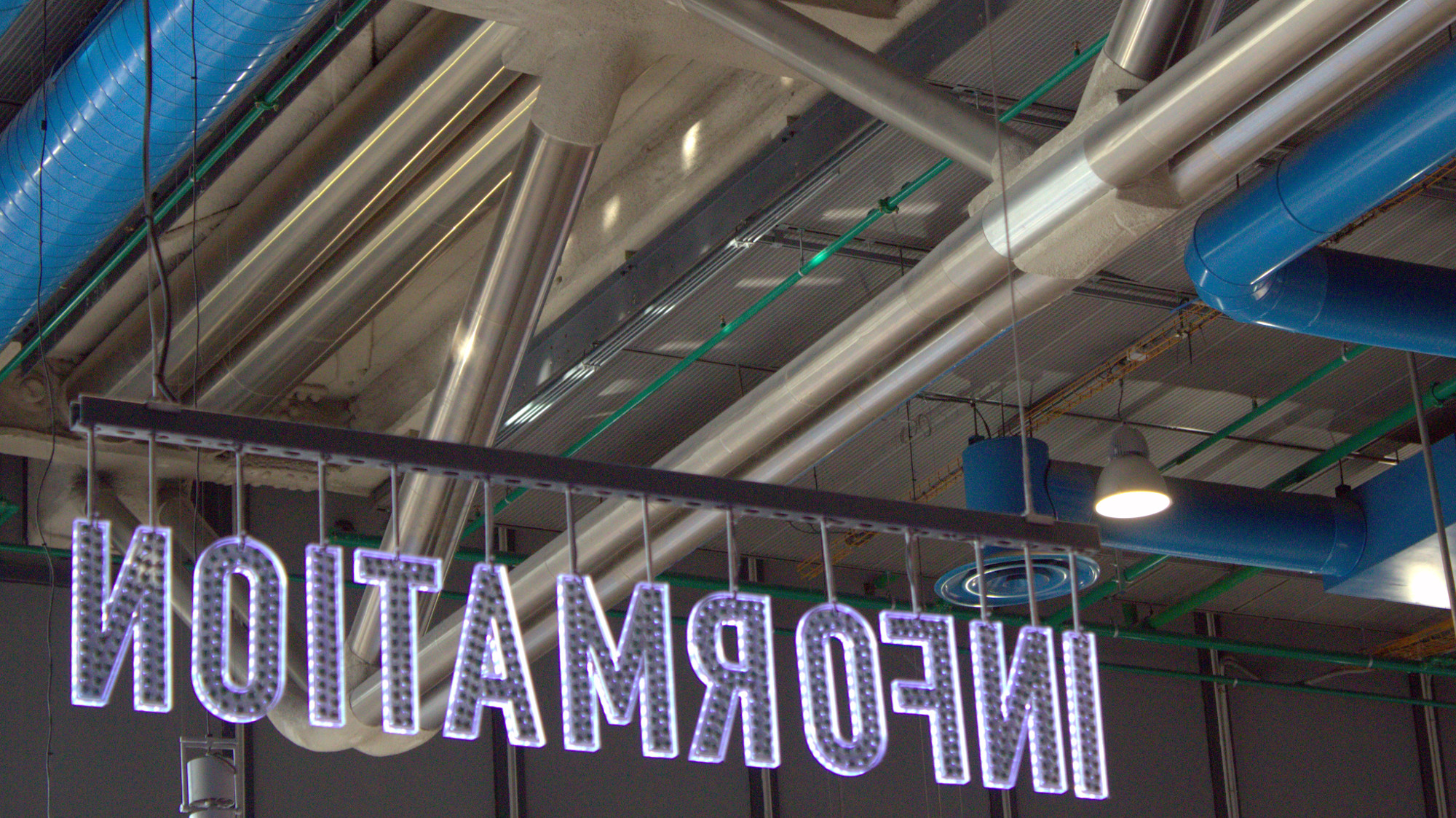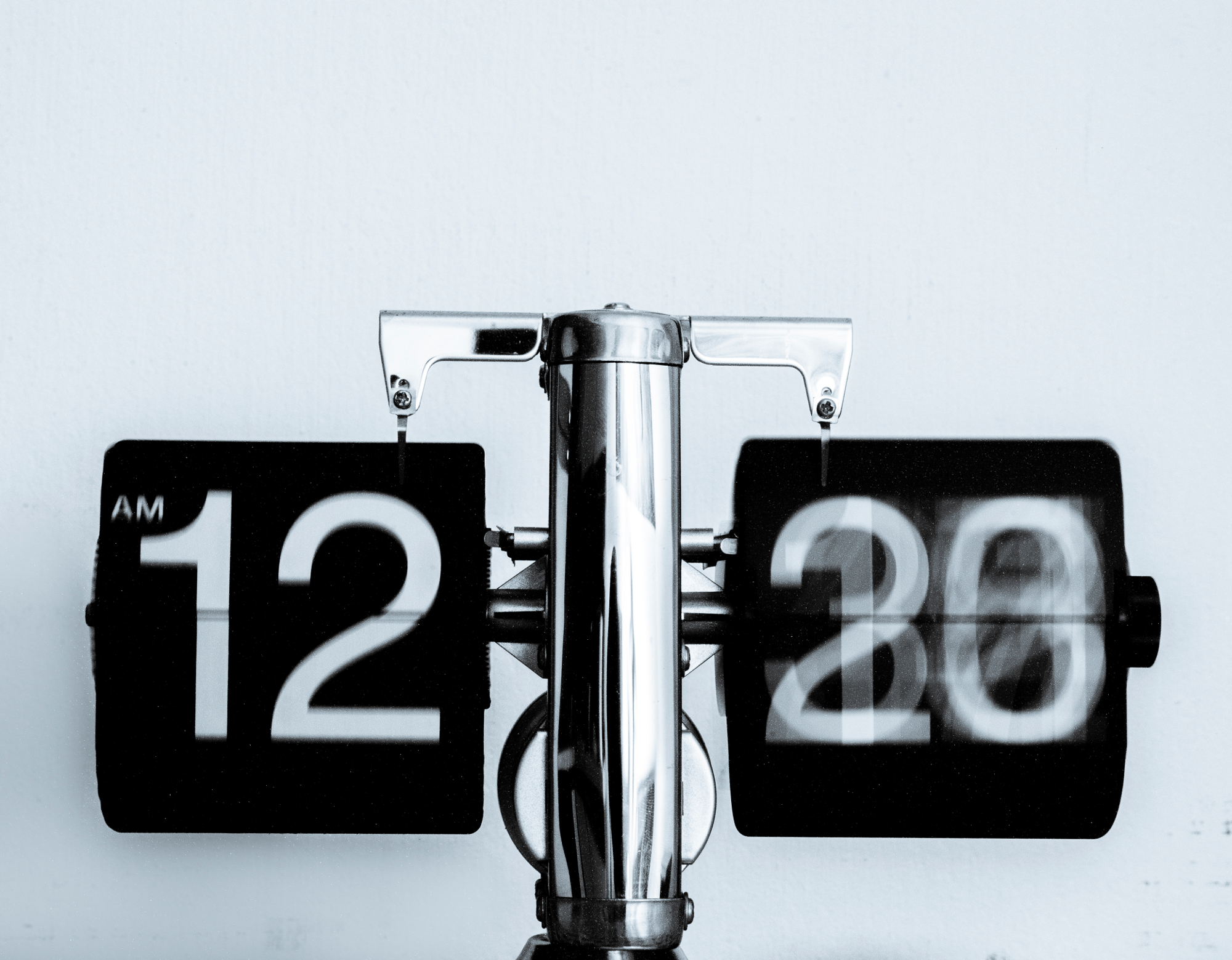One of the books on my ‘daily reading’ list is Mason Currey’s fantastic Daily rituals : how great minds make time, find inspiration, and get to work. I implore you to buy a copy if you haven’t already. It’s ace.
Each entry by the author is a couple of pages about the kind of routine that people such as Virginia Woolf or Charles Darwin followed throughout their life. Sometimes this was an easy task for Currey, as the individual wrote specifically about their routine. Other time, it has taken painstaking research, putting together information for a number of sources.
Now, I’m no ‘great mind’, but I thought it might be interesting, if only for the sake of me looking back in a few years’ time, to do something similar. What follows is my daily routine when I’m working from home. This, I guess, is an update of my entry on My Morning Routine from around three years ago.
Like anyone who lives with their family, my daily routine is restricted to a great extent by various duties and constraints. I’m a morning person, so I’d actually like to get up earlier than I do. However, my wife is more of a night owl, so we settle somewhere in the middle.
Over the last couple of years, since becoming self-employed and having much more control over my working hours, I’ve come to realise that I work differently in the spring and summer months than in autumn and winter. I’m a lot more gregarious and outgoing during the former, while I’m more reclusive and introverted. Also, the additional sunlight means I tend to need less hours sleep and, for some reason, makes me want to swim more. I’ve come to divide my year by the spring and autumn equinoxes, so I’m very much looking forward to next week, when I’ll start swimming again, put away my SAD light and generally be in a more positive frame of mind.
I wake up at around 06:00 in the spring and summer, and later (usually 06:30) in the autumn and winter, using my Lumie Sunrise alarm clock. Being woken by light is much better than being woken by noise. I lie in bed and do my daily reading — a mixture of books like Daily Rituals but also some Stoic philosophy and other things that put me in the right frame of mind for the day.
Then, I get up, say good morning to my children, and take them downstairs for breakfast. They have a routine to do before school that includes piano practise, either Khan Academy or Duolingo, and getting themselves ready for school. I see my job as making sure they’re in a good mood. That takes varying amounts of effort depending on their emotional temperature. During this time I catch up with Twitter, scan my emails, say good morning to the We Are Open co-op Slack channel, and read the news headlines.
I’m the last to get ready, having a quick cold shower, doing my press-ups and sit-ups, and then heading downstairs. I have a crazy mix of stuff in my breakfast smoothie, and then walk my daughter to school with my wife (if she’s not at work). This is one of the highlights of my day.
I take my gym stuff, and head straight from dropping her off to do either my arms, legs, or cardio. If it’s spring/summer, and depending what day it is, I’ll go home straight away and go swimming at lunchtime. Once I’m at home, depending on how ‘bitty’ the things are that I have to do, I’ll either use my Trello board directly, or have already transferred things to my daily planner while my children are eating breakfast.
My use of coffee is strategic. I don’t use it to wake myself up, but to ensure I’m at peak productivity between 10am and 12pm. Sometimes, if I’m lacking motivation, I’ll head to the local coffee shop to work, paid for by the kind people who donate in appreciation of my weekly newsletter. Otherwise, I’m in my home office, which is separate to our house and complete with standing desk, or upstairs in a weird little cubby hole we created when converting our loft.
I work for two hours in the morning and two hours in the afternoon. By ‘work’, I mean write, think, plan, and make. I don’t count meetings and replying to email as work. While it’s important for me to meet people online, especially as I live up in Northumberland, I limit these conversations to 30 minutes wherever possible.
My time is precious. Four hours of solid knowledge work is what I aim for each day as research backs up my theory that this is optimal. I feel sorry for people who work in offices who have long commutes each way, have to spend time maintaining relationships with colleagues they don’t particularly like, and in meetings that are a waste of time.
When my wife and I are both at home, we have lunch together and do the crossword in The i newspaper (to which we subscribe). I will usually have an omelette or scrambled eggs with some turmeric mixed in. I’m fussy about the eggs we buy.
If I get my four hours of work done while my children are at school, then I go to pick up my daughter and talk with her about what we’ve been up to since we last saw each other. My son walks to and from school by himself now he’s in middle school. They have a snack and then go and play on their tablets (usually) or make/draw stuff (sometimes).
On the days I don’t get my four hours in while the children are at school, I use this time to get up to an hour’s extra work in. Otherwise, I’m just reading, catching up with email, or doing a bit of housework. Just as when I was at Mozilla, the time when most people want my attention is between 16:00 and 17:00, as most people in my network are online, from the Pacific timezone where people are just starting work, through to Europeans who are just clocking off.
After that, it’s preparations for the various activities my children do (football, swimming, Scouts, piano, dance, golf, etc.) and dinner. I’m trying to cook once per week at the moment to improve my skills in that area. Our six year-old daughter goes in the shower and then to bed around 19:00, and our ten year-old son does the same about half an hour later. They both are read to, and then read themselves. I’m particularly enjoying reading and discussing each short chapter of A Little History of Philosophy with our eldest.
I don’t work in the evenings, unless I absolutely have to. For some reason, it gets me down, and makes me resent what I’m working on. I don’t count recording the TIDE podcast with Dai Barnes as ‘work’ as it’s more of a conversation with a friend that happens to be made available to others. The evening is the time of the day that it’s hardest for me to obey my self-imposed rules of no sugar and no alcohol during the working week. So I tidy up, perhaps play some FIFA, do some more reading, and get myself ready for bed.
I’ve learned from experience how important rituals and routines are to my productivity. Every evening I have a really hot shower, which lowers my core body temperature, ready for sleep. I lie in bed, reading until my wife comes to bed. We talk, we both read, and then (usually about 22:30, but sometimes 23:00) the lights go off and I fall asleep quickly.
Cross-posted to Medium. Image: Loic Djim
I’m currently putting together an audiobook on productivity called #uppingyourgame: a practical guide to personal productivity. You can buy it now for a reduced price, and you’ll get updates for free until it’s finished!



